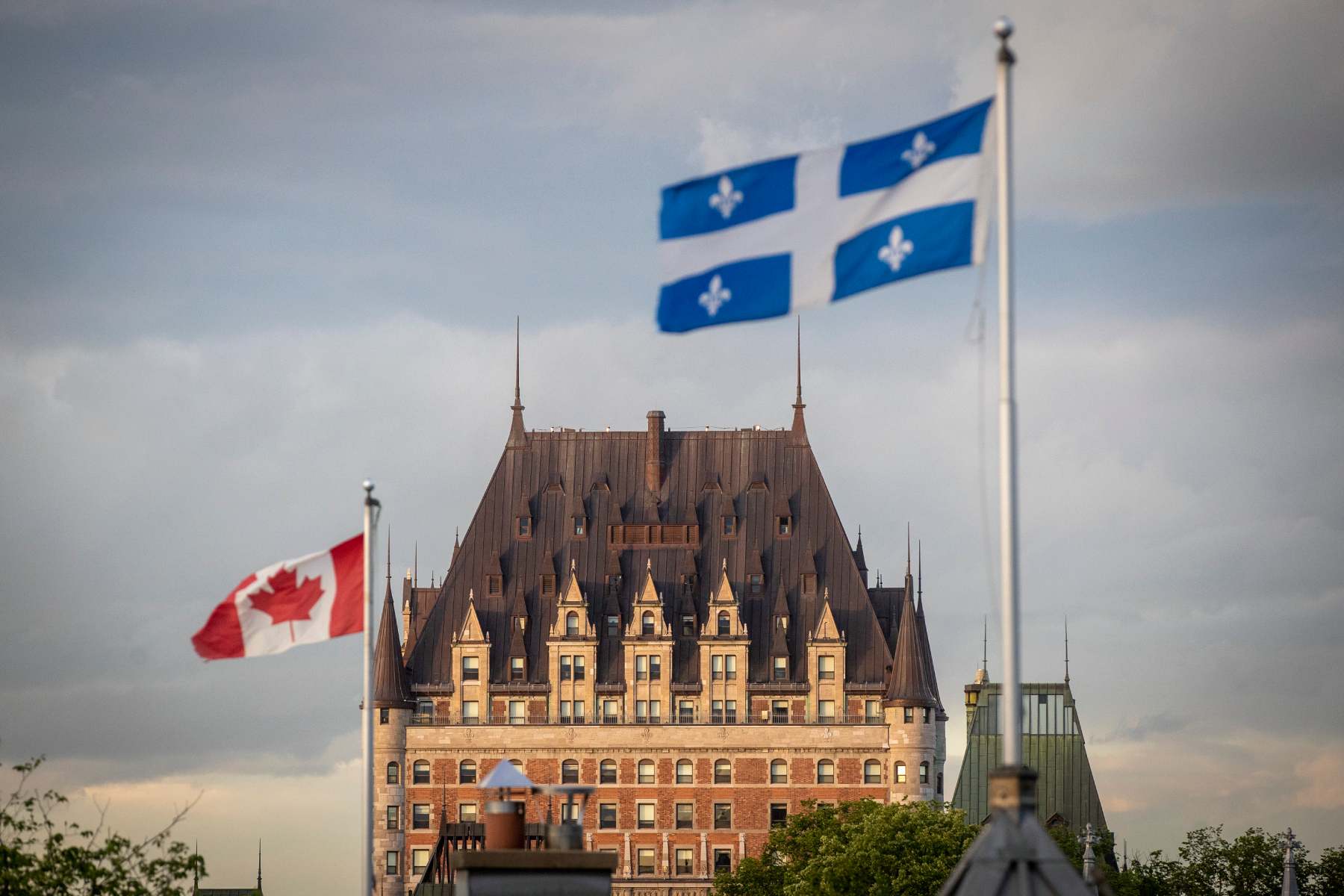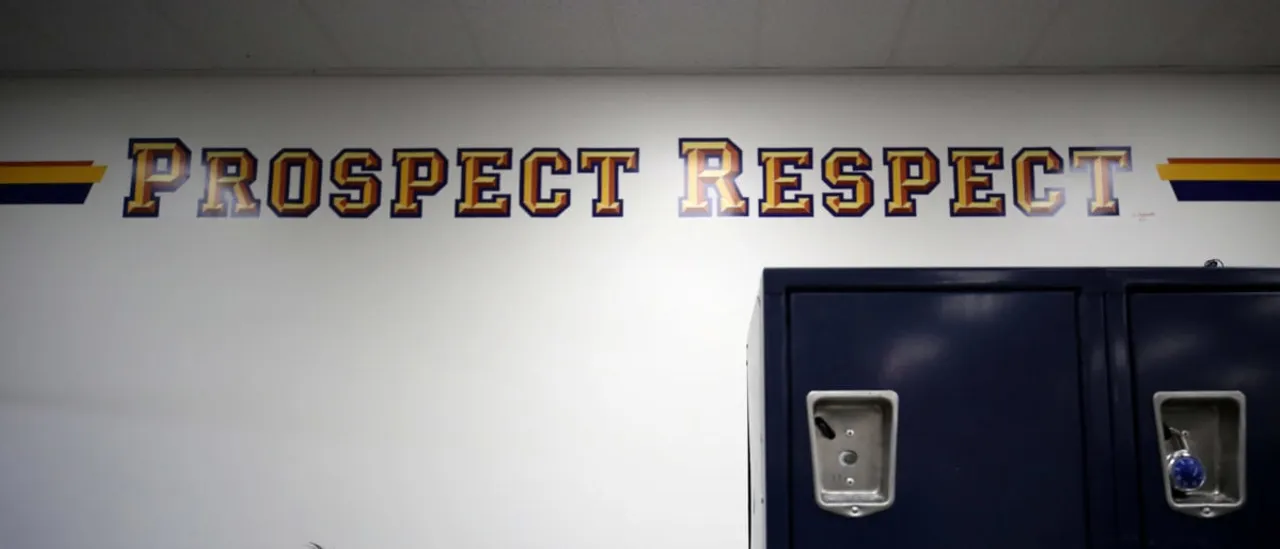Copyright thewalrus

Since the Quiet Revolution, the question of whether one identifies first as Québécois or Canadian has remained a powerful marker of Quebec’s political and cultural life. The ambivalence of Quebec identity is deeply rooted in a long historical evolution—from the “Canadians” of New France before the British conquest to the “French Canadians” after the Act of Union of 1840, and, finally, to the “Quebecers” of today. Recent surveys on Quebec sovereignty and identity suggest that Quebecers’ sense of belonging has evolved. It’s less a switch to flip than a dial that turns gradually between shades of identity. Most Quebec polls rarely go beyond the perennial question: “Would you vote for or against Quebec sovereignty if a referendum were held tomorrow?” To wit, a Pallas Data poll published in September by L’actualité found that, beyond a majority who would vote “No” in a hypothetical referendum, a majority of Quebecers don’t even want the question to be asked again. More granular data from the Environics Institute for Survey Research and Léger points in the same direction. It confirms that, should the Parti Québécois win next year’s provincial election, Paul St-Pierre Plamondon—the lawyer-turned-politician who has led the PQ since 2020 and promised another sovereignty vote—will have his work cut out for him. As part of its Confederation of Tomorrow series, the Environics Institute recently conducted a large-sample survey of Canadians to measure attachment to both their country and province. The poll included a robust Quebec subsample of 1,074 adults. To the question “How attached do you feel to Canada?” 75 percent of Quebec respondents answered either “somewhat attached” or “very attached”—a proportion that has risen notably among francophones. According to Environics, the share of francophone Quebecers expressing strong attachment to Canada has grown by six points since last year. A renewed sense of Canadian pride triggered by an increasingly hostile neighbour to the south? Perhaps. But when those sentiments are tested against the hard politics of independence, the headwinds become clearer. To mark the thirtieth anniversary of the 1995 referendum, Léger released a deep-dive study on sovereignty and identity last week. On the surface, the numbers were not encouraging for sovereigntists: 59 percent of respondents said they would vote against independence if a referendum were held, compared to 31 percent who would vote in favour. These figures align closely with other recent surveys on the issue. Could it simply have been a bad poll for the Oui side? Hardly. The same Léger poll showed the PQ holding an eleven-point lead in voting intentions over the Quebec Liberal Party and a twenty-seven-point cushion among francophones—results that would likely produce a large PQ majority at the National Assembly if they held until next October. Clearly, the PQ’s rise at the expense of François Legault’s Coalition Avenir Québec since 2023 has not translated into higher support for sovereignty. Léger’s questionnaire went further, asking respondents how they identify: Canadian only? More Canadian but also Québécois? As much Canadian as Québécois? More Québécois but also Canadian? Québécois only? Among all respondents, 11 percent said they identify solely as Québécois, while 29 percent identify more as Québécois but also as Canadian. According to Jean-Marc Léger in the Journal de Montréal, this 40 percent “Quebec-first” segment marks a clear decline from about 65 percent three decades ago. In the same sample, 15 percent identify as Canadian only and 17 percent as Canadian first but also Québécois—a combined 32 percent. Another 26 percent say they identify equally with both. What emerges is a portrait of a province that may feel culturally distinct but not necessarily eager to sever the Canadian link. The data, for example, clearly shows that Quebec identity is indeed divided, though blue (Québécois) outnumbers red (Canadian) across nearly all demographic groups—except among non-francophones. Among young voters, the picture is more balanced: 38 percent identify primarily as Québécois, 34 percent as Canadian. Among those aged thirty-five to fifty-four, the three main categories fall within a six-point range. “If It Stays like This, They’re Going to Win!”: The 1995 Referendum That Nearly Ended Canada The Quebec Secession Crisis Is Coming, and Canada Isn’t Ready Trump’s Tariffs May Do the Impossible: Make Quebec Love Canada When results are broken down by party support, the expected pattern emerges: 70 percent of PQ voters identify primarily as Québécois, while 56 percent of Quebec Liberal voters identify primarily as Canadian. The same data can also be viewed from another, equally revealing, perspective—distinguishing between those who identify solely with one nation and those who identify with both, regardless of which they emphasize. This distinction separates the so-called “hard-liners” from those who identify with a mixed identity—the ones we could call the “nuanced majority.” Across Quebec, 72 percent of respondents see themselves as both Québécois and Canadian (to varying degrees), compared to 11 percent who identify only with Quebec and 15 percent only with Canada. This mixed-identity group forms a solid majority across all demographics, with no statistically significant differences by gender or age. Among francophones, nearly eight in ten (78 percent) include both identities within their sense of self. Breaking down the results by voting intentions, Léger sees that Quebec voters from all parties—even the PQ—identify at least partly as Canadians. Only 26 percent of PQ voters identify solely as Québécois. But one conclusion seems unavoidable: the balance of identity has shifted significantly toward the Canadian side. And that shift matters, because sovereignty campaigns are won or lost on where people feel they belong. This portion of the Léger poll will no doubt feed Quebec’s ongoing identity debates, giving all sides of the referendum question fresh data to dissect and interpret—especially on the eve of an election year in which the PQ and Quebec Liberal Party once again dominate the polls. This data (and many other Quebec polls of late) shows this renewed referendum push is largely a top-down initiative from the PQ leader rather than a bottom-up movement from a silent majority. Plamondon, who has repeatedly vowed to hold a third referendum, shows no sign of backing down—bad polls be damned. It was an easy promise to make when the PQ was languishing at 15 percent support and going nowhere. But since the party surged to first place in the fall of 2023, the stakes have changed: a third referendum on Quebec secession no longer feels hypothetical. Yet these findings also remind us that for a clear majority of Quebecers, identity is not a binary choice but a wide spectrum of overlapping shades—or, if you will, fifty shades of purple. All data from the Léger poll is available here.



